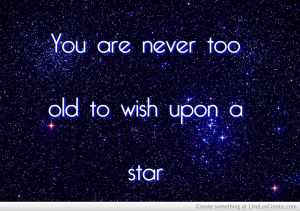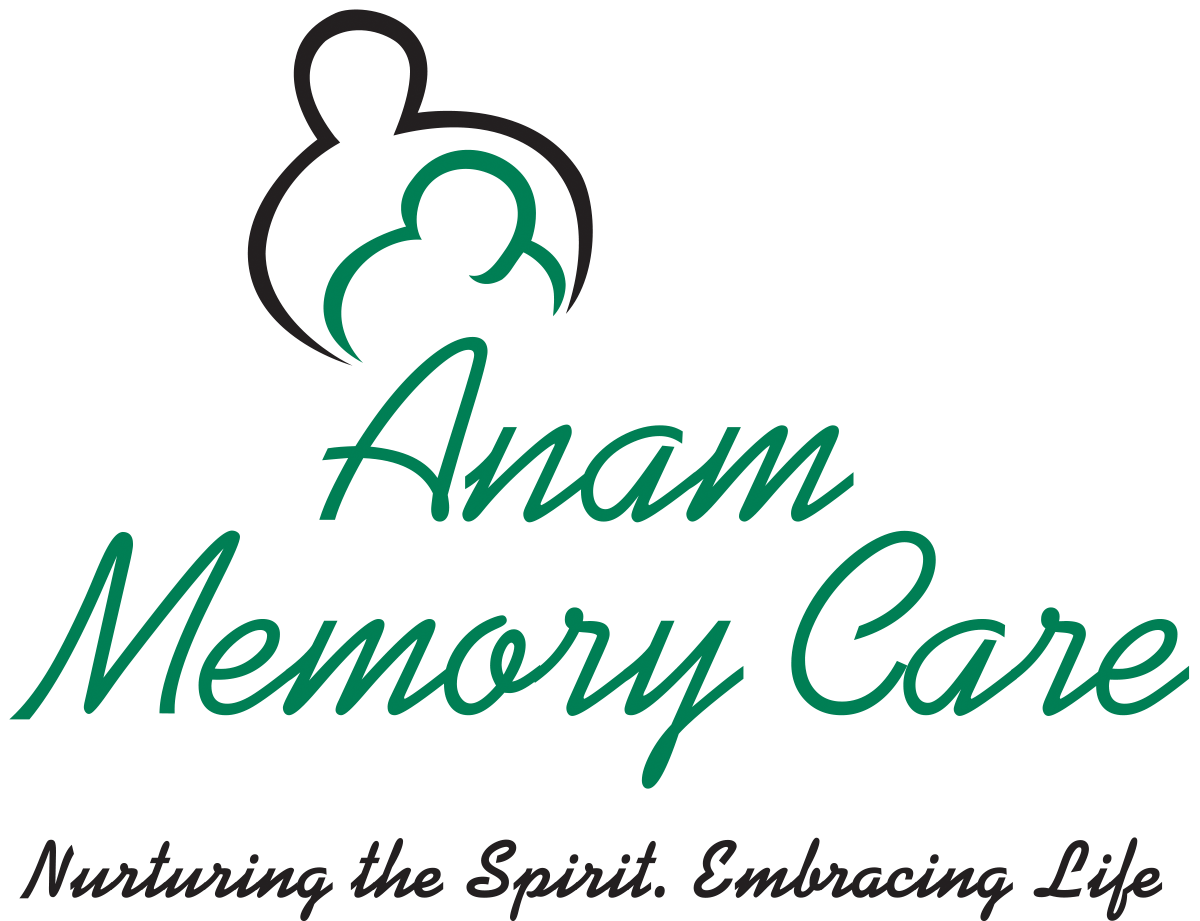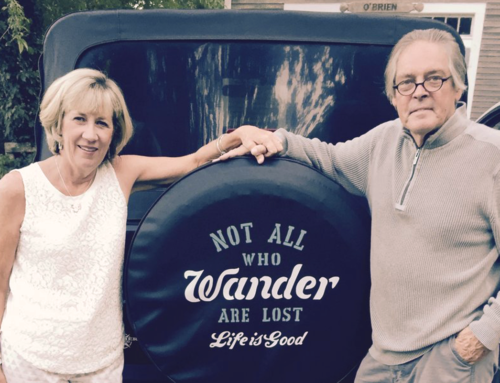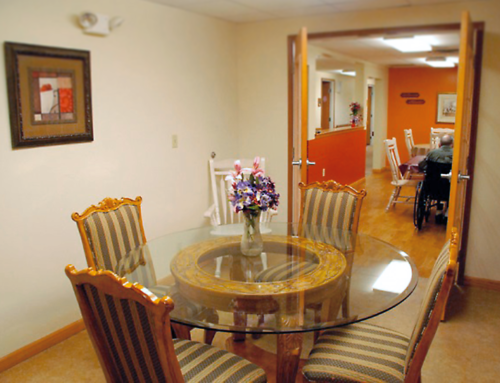
Most of us have experienced the way music can transport us back to long past memories, can calm us, steady us and move us to feel at one with the world.
At a time when my mother who later passed away from Alzheimer’s could no longer recognize me, we could still sing together, which gave us a great way to connect with shared emotions, take a trip down memory lane and just to simply have fun.
Music is also being shown, to be a great way to break through to dementia patients.
The late, Dr. Oliver Wolf Sacks, a highly regarded British neurologist and author, has become widely known for writing best-selling case histories about his patients’ disorders. Some of his books have been adapted for film and stage. Dr. Sacks states “The past which is not recoverable in any other way is embedded, as if in amber, in the music, and people can regain a sense of identity. . .”
Sacks goes on to say that improvements of mood, behavior, even cognitive function—once set off by music can sometimes persist for hours or even days in people with dementia.
Read more: Music and our Brains
Perhaps most remarkably, people with Alzheimer’s disease and other dementia’s can respond to music when nothing else reaches them. Alzheimer’s can totally destroy the ability to remember family members or events from one’s own life—but musical memory somehow survives the ravages of disease, and even in people with advanced dementia can often reawaken personal memories and associations that are otherwise lost.
Alive Inside: A Story of Music and Memory is a 2014 American documentary film directed and produced by Michael Rossato-Bennett. The film which premiered in the Sundance Film Festival, won the Audience Award: The film deals with the subject of people living with Alzheimer’s disease and shows how music can help and ease their suffering.
As producer Rossato-Bennett says, “It is not a cure. It is not a drug, – but we can use music to make people happier, to help them age in place more easily”
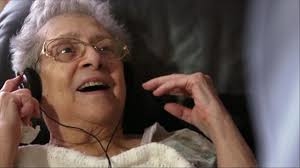
Dr. Laura Mosqueda, Director of Geriatrics at the University of California, Irvine School of Medicine, explains that because music affects so many parts of the brain, it touches areas that may not be damaged by the disease and brings those pathways to the forefront. The result is the astounding “awakening” that often occurs.
Here are five reasons why researchers believe that music boosts brain activity:
1. Music evokes emotions that bring memories.
Music evokes emotion, and emotion can bring with it memory. It brings back the feeling of life when nothing else can. By pairing music with every day activities, patients can develop a rhythm that helps them to the recall the memory of that activity, improving cognitive ability over time.
- Musical aptitude and appreciation are two of the last remaining abilities in dementia patients.
Because these two abilities remain long after other abilities have passed, music is an excellent way to reach beyond the disease and reach the person.
- Music can bring emotional and physical closeness.
In the later stages of dementia, patients often lose the ability to share emotions with caregivers. Through music, as long as they are ambulatory, they can often dance. Dancing can lead to hugs, kisses and touching which brings security and memories.
- Singing is engaging.
As singing activates the left side of the brain, listening to music sparks activity in the right. With so much of the brain being stimulated people with dementia exercise more mind power than usual.
- Music can shift mood, manage stress and stimulate positive interactions.
Music can shift mood, manage stress-induced agitation, stimulate positive interactions, facilitate cognitive function and coordinate motor movements. This is because music requires little to no mental processing,
Which Musicals or Movies Work Best?
Getting a loved one with dementia or Alzheimer’s to engage with music and movies may depend on which genre they enjoy the most. But the suggestions below can help you get started:
- The Sound of Music
- When You Wish Upon a Star.
- Somewhere Over the Rainbow.
Many care facilities report that residents are happier, more engaged, and much calmer with the use of music therapy. They note that staff members are able to create more meaningful relationships with patients, spending less time dealing with behavioral issues. Perhaps most encouraging, some facilities are actually seeing a reduction in the need for psychotropic drugs, which carry with them a set of problems all their own.
One program that brings personalized digital music to the elderly has provided iPod’s to over 140 care facilities in the U.S. and Canada.
Country music superstar Kenny Chesney recently recorded a PSA asking fans to consider donating an MP3 player or making a monetary contribution to support this important work.
The organization also educates elder care professionals and family caregivers on how to create powerful personalized playlists to help Alzheimer’s and dementia patients reconnect with memories triggered by music. Read More : Music and Memory
So let’s encourage our loved ones with dementia to “Wish Upon A Star” and bring to mind the memories of joy that music in their past life has brought them and that we can share with them.
